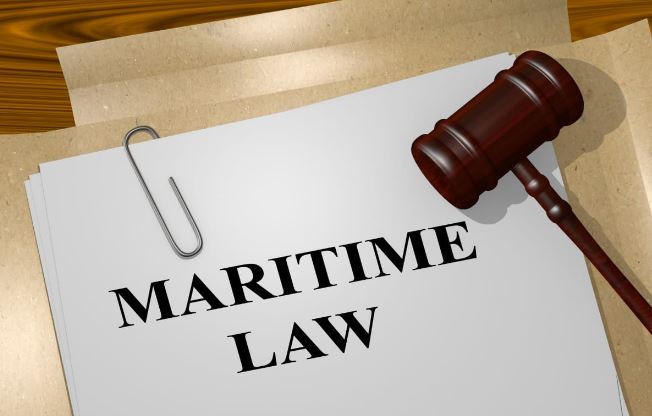What Is The Time Frame For A Personal Injury Case In Nevada?

If you’re filing a personal injury case in Nevada, you’re likely wondering how long the process will take. There are plenty of things to consider, from the statute of limitations to legal costs. Let’s take a quick look at the information you require.
Shared Fault
If an accident happened to you in Nevada, consider filing a lawsuit. The state’s comparative negligence statute NRS 41.1 gives injured parties in the form the right to sue for damages if the liability of other people involved in the accident is less than half of the total. However, you must ensure you understand how the system works, especially if you have questions.
The law in Nevada is complex. The comparative negligence rules in the state are split into two subcategories. One is pure comparative negligence, and the other is a form of contributory negligence. Both can result in an award, but the former is the best choice for a plaintiff.
The best way to determine whether you should pursue an injury case is to consult an experienced Las Vegas personal injury attorney. In most cases, you’ll be able to settle your case before the case even goes to trial.
Statute of Limitations
You’re entitled to compensation for your pain and suffering whenever you suffer injuries in an accident. This means you’re due some money for your medical bills and lost wages. However, you’ll have to take action within a specific time frame. This is called the statute of limitations. Getting legal help from a lawyer can be beneficial to ensure that you get the compensation you deserve.
Nevada has several different statutes of limitations. These vary depending on the type of injury you are seeking. For example, if you’re suing for wrongful death, two years have passed since the victim’s passing for you to act. For most personal injury cases, you have three years.
Generally speaking, you’ll want to start a claim within the first year of your injury. Bringing the claim in too late can make your case fall apart. This is why it’s essential to hire a personal injury attorney. A good lawyer will help you find the correct cause of action and get you the maximum compensation possible.
Time Limits
Depending on the state’s laws, different personal injury cases in Nevada have various statutes of limitations. The rule of regulations generally starts to run when the injured party should have been aware of the injury. Usually, a person who discovers that they have been injured has two years from the date of discovery to file a suit. However, some exceptions may extend the time limit.
For example, the statute of limitations for wrongful death claims starts on the date of the victim’s death. In addition, if a person dies due to medical malpractice, the family has four years to file a claim.
The statute of limitations for minors who have suffered injuries is two years. However, two exceptions may extend the time limit. Before the child turns eight, parents can file a claim on the child’s behalf. Another exception is if the child has a congenital disability.
Legal Costs
One of the most common concerns about filing a personal injury lawsuit in Nevada is the cost. The legal costs of an individual injury case can be surprisingly high.
Attorneys will often work on a contingency fee basis. This means that the attorney will take a percentage of any recovery. However, the amount of the fee can vary from case to case.
In Nevada, the law limits the amount that can be recovered in a medical malpractice case to only $350,000. This is not the case in motor vehicle accidents. This is because Nevada is a “fault” state for car accidents.
To file a claim, the injured party must identify the at-fault party and follow specific statewide laws. The injured party may be compensated for lost wages, pain and suffering, medical expenses, and property damage, depending on the case’s particulars.
If the case goes to trial, the fees and expenses of the attorney will increase considerably. Typical costs include court filing fees, depositions, administrative fees, and other alternative dispute resolution services.






